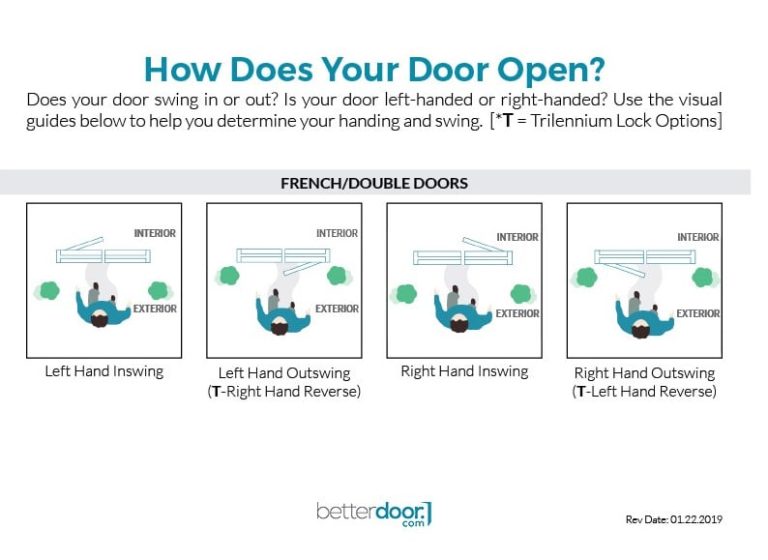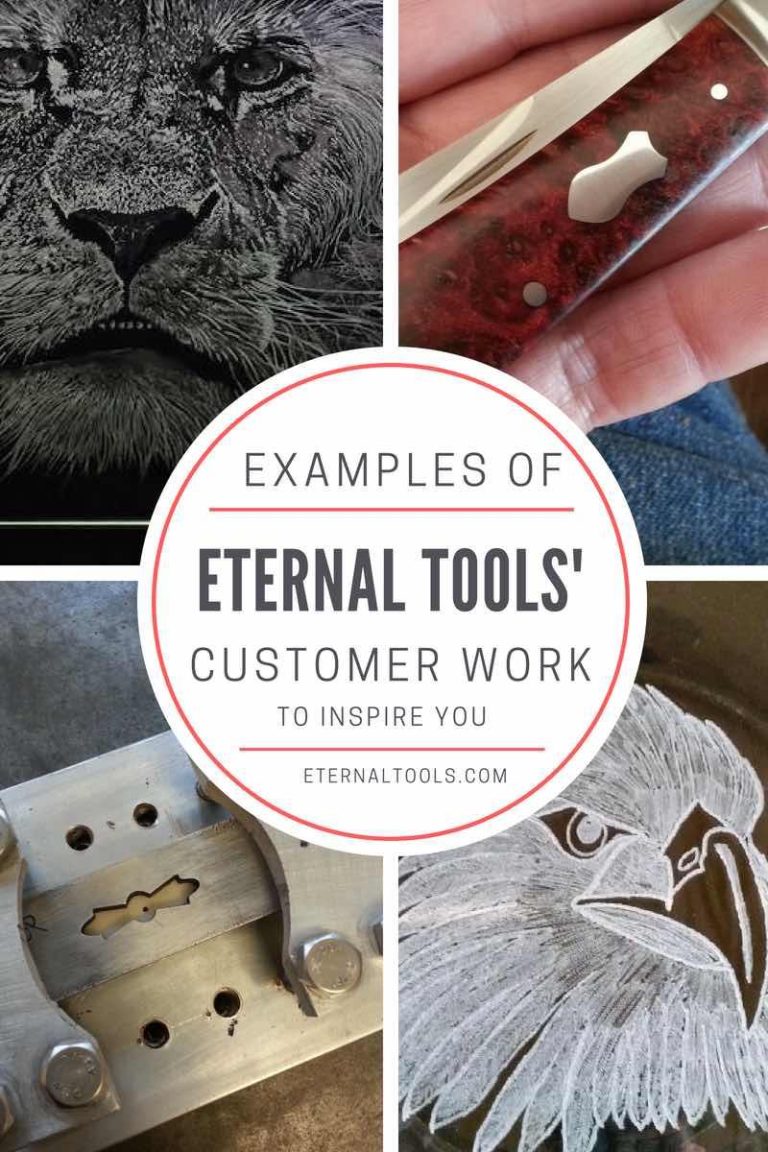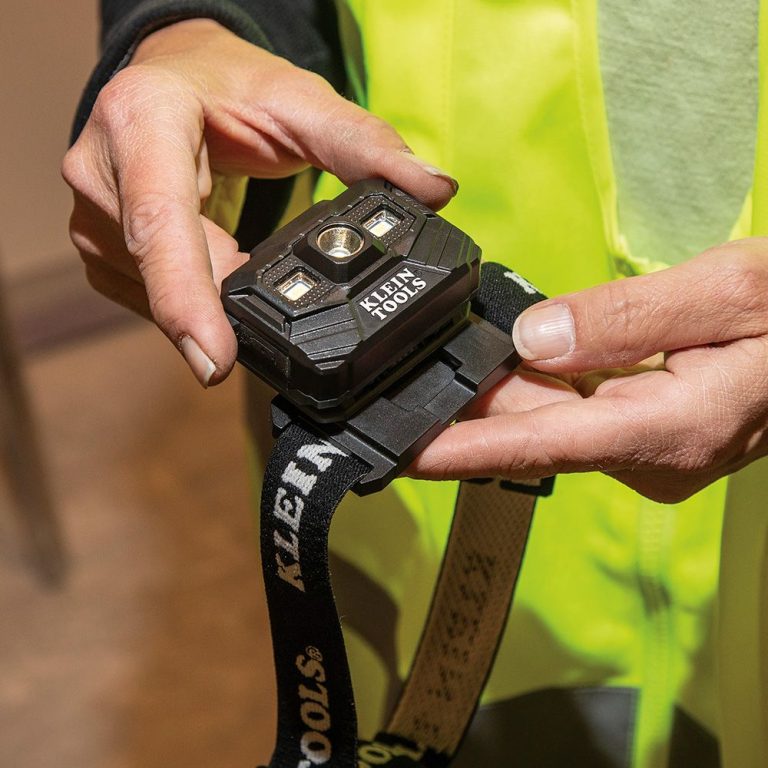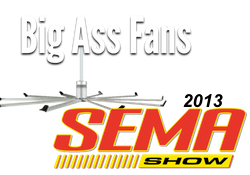Drill Buying Guide UK –
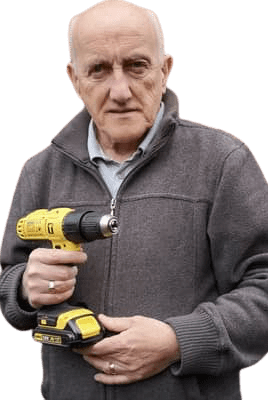
Enda McLarnon (Editor)
Below you will find our drill buying guide UK. A drill is one of the most popular tools available on the UK market. There are various types of drills available, and tool manufacturers design these for a range of different users.
These users range from the average DIY person all the way through to the professional trades. Our guide has been created to help you pick the best drill for your exact needs and one that is the best vale for your hard earned money.
Over the years I have used various brands and types of drills so I can help you decide which is the best for your needs. There a few things you should know about before parting with any of your hard earned cash, so let’s get started.
Different Types of Drill
Tool manufacturers such as Black & Decker, Bosch, DeWalt, Makita and Milwaukee use various terms to describe their range of drills. However, drills fall under a number of different types which we have listed below:
- Drill/Drivers
- Combi Drills
- Impact Driver
- Hammer Drills
- Rotary Hammer Drills
- SDS Drills
It is worth noting that the vast majority of home owners will only ever need a basic drill/driver, or a combi drill.
- Drill/Driver – allows you to build flat pack furniture such as that from IKEA, put up shelves on stud walls and other basic jobs.
- Combi Drill – allows all of the above and also to drill holes into masonry, such as concrete and bricks.
The other drill types are mainly used by professionals for heavy duty work. An impact driver may also be useful if you plan on doing any bigger jobs such as working on fences or building a deck.
1. Drill/Drivers
A basic drill/driver is the cheapest option available on the UK market and can be used as a drill for making holes, or used as a screwdriver.
It can be used with wood, plastic and thin metals. However, it can not be used to drill through walls which are made from any type of masonry.
If you are a home owner, and only need to do a few basic DIY jobs around the home, then this is the best and most affordable choice on the UK market.
Basic drill/drivers cost between £25-£50 in the UK and a cordless option is the most popular.

2. Combi Drills
A combi drill is the most popular option for the vast majority of home owners and those who do DIY. It is a very versatile drill making it the best all rounder for the home and garden.
Like the basic drill/driver, the combi drill can be used as both a drill and a screwdriver. However, it also comes with hammer and impact settings, and those allow the user to be able to drill through all types of masonry such as brick and concrete.
It can also drill though tougher metals such as steel.
Combi drills cost between £50-£100 depending on which brand you prefer.

3. Impact Driver
An impact driver shouldn’t be used as a drill. We have included it in our drill buying guide as new buyers often get confused when they see one of these. An impact driver drives in screws or removes screws. It is especially good at removing screws that are very tight.
Impact drivers are very also useful where you are working on a project that involves large volumes of screws, such as making a fence or building a deck. It is also very good at driving in longer screws. (over 75mm)
Impact drivers cost between £75-£150 depending on which brand you prefer.

4. Hammer Drills
A hammer drill is designed to be able to quickly and easily drill into masonry, such as concrete, brick, cement and can also drill into hard materials such as stone and marble.
This type of drill has a hammer action measured in impacts per minute (IPM). The hammer drill vibrates against the concrete to loosen it up.
Most hammer drills can makes holes as large as 13mm in size.(1/2″) This type of drill will be primarily used by professional trades. They usually come with a second handle as they are heavy drills, and a second handle allows better control and distribution of weight.
Hammer drills cost between £35-£70 depending on which brand you prefer.

5. Rotary Hammer Drills
A rotary hammer drill is a more powerful version of the hammer drill. A rotary hammer creates impacts of much greater force than a standard hammer drill as it forces the bit into the material using a piston.
That means the rotary hammer chips away at the concrete while it drills.
Rotary hammer drills can make much larger holes as large as 50mm(2″)
A rotary hammer drill will drill much faster than a standard hammer drill.
Rotary hammer drills cost between £60-£250 depending on which brand you prefer

6. SDS Drills
These are a specialised drill and are only used for very heavy duty jobs. SDS stands for “Special Drive System” and these are even more powerful than the rotary hammer drill explained just above.
They have different types of chucks and they also use different types of drill bits.
You can also turn off the rotary action and use this as a chisel which is very popular with the professional trades. This is because it allows them to do jobs like removing old tiles, or removing old concrete from walls.
SDS drills cost between £70-£250 depending on which brand you prefer

Cordless or Corded

Cordless drills are now the most popular choice for most UK buyers. They can be used anywhere as they are powered by Lithium-Ion batteries which can be recharged. A typical recharge takes about an hour. They are not quite as powerful as a corded drill, but can still handle most jobs.
Power output is measured in volts (V) and ranges from 10.8V to 18V or more. The more power, the heavier the jobs it can tackle.
The battery charge capacity, is shown in Ah (Amp-hours) ranging from 1Ah to around 6Ah. In general, the higher the Ah, the longer the battery will last before needing to be re-charged.
Advantages
- Portable and can be used anywhere at anytime
- More convenient than a corded drill
- Are usually slightly lighter
Disadvantages
- They don’t have the same power as corded drill
- Battery life can slow you down
- More expensive than a corded drill
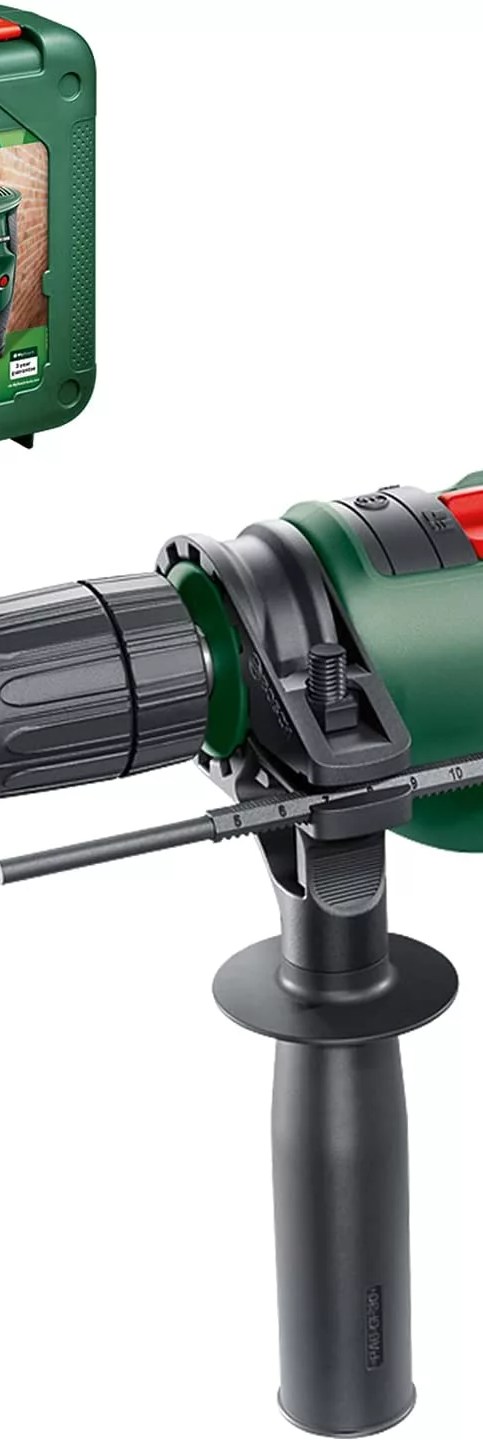
If you buy a corded drill then it has to be plugged into an electrical socket or in some cases an extension lead. They do have more power than a cordless drill and can be used for long periods of time. When used with good quality drill bits they can drill most materials with ease. The disadvantage is that you have a trailing lead.
The power of corded drills is measured in watts and can range from 700 watts to 1500 watts. For basic jobs 700 watts is enough for DIY use. If you need to drill larger holes or drill masonry then consider models with a higher wattage. If in doubt always opt for a higher wattage as that means the drill is not always working to its full capacity, meaning it will last longer.
Advantages
- More powerful
- They are slightly cheaper to buy than a cordless option
Disadvantages
- They are not as portable
- They are larger and slightly heavier
Important Drill Features
When you buy a drill there are some really important features worth your consideration.

Chuck Types
The chuck is the part of the drill that holds the drill or driver bit. Most chucks have 3 jaws. The size of the chuck determines what size of drill bit shaft the drill can take. For DIY a 10mm chuck is popular, but a 13mm chuck is better for a combi drill.
Most chucks are keyless making them faster and easier to change bits. Keyed chucks use a chuck key but means you can tighten the bits better.
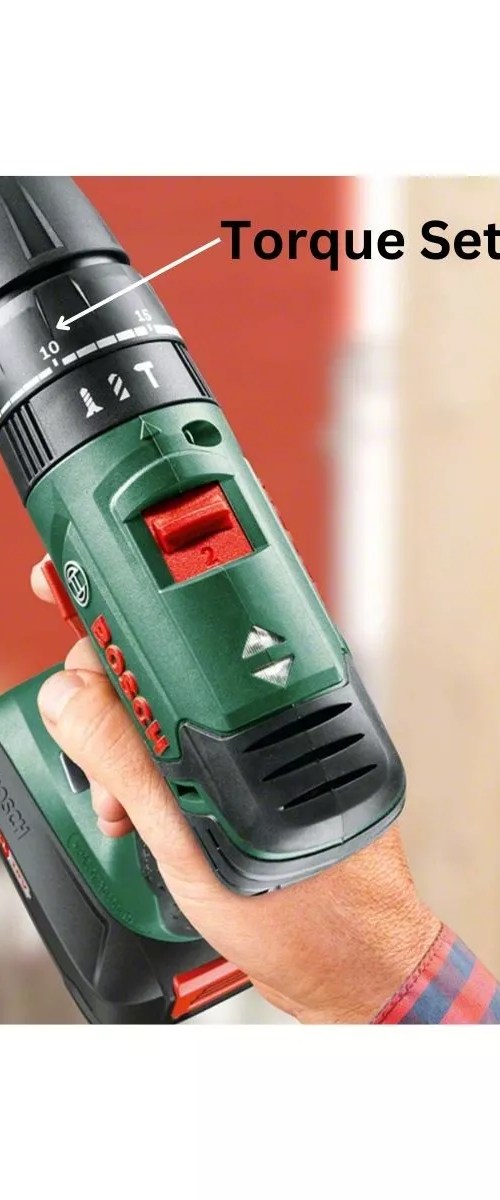
Torque
This is often misunderstood by many buyers. Torque only refers to screwdriving. Torque is measured in Newton metres (Nm) and is the twisting force of the drill, which some manufacturers refer to as a variable clutch setting.
On most drills this is a set of numbers on a wheel that sits above the chuck. The level that you pick depends on the material you are screwing into and the size of the screws.

Drill Speed
The speed of a drill is measured in revolutions per minute (RPM) and all manufacturers refers to this as a no load speed. This means the speed the drill can spin at when it is not screwing or drilling. It is just a standard they use.
You will want to buy a drill with variable speed as that allows you to use the drill properly on a range of materials. For example low speed on wood and high speed on metals or masonry.
Important Drill Considerations
Price
Depending on the type of drill you buy there are huge price variations. A cheap basic drill costs around £30, whereas a high end SDS drill can cost around £250.
A good quality combi drill costs between £80-£100 depending on brand and features.
Warranty
Most tool manufacturers provide a 2 year warranty on their drills. Some also offer an extra year if you register your new drill online at their website.
3 years is the best that you can hope to get and in most cases warranties cover defects in parts or workmanship.
Spares
Often overlooked when first buying is the availability of being able to get spares and other parts.
Most drills last 4-5 years for home use but you may need to replace a chuck etc.
The better brands will have these as well as UK customer service.
Drill Brands
There are lots of tool brands who make drills:
- Dewalt, Makita Milwaukee, Bosch Professional – These are the high end brands. They make the best quality drills using metal parts, brushless motors for longer life, and also have strong UK customer service teams with solid warranties. They will be the most expensive drills and bought by professional trades and serious DIY people.
- Bosch Home and Garden, Einhell, Ryobi, Black & Decker, Workpro, Worx – These are mid price brands who make good quality drills with prices around £70-150. Most of these brands also offer vey good warranties and most have a UK customer service with parts available. Most home owners tend to buy these brands.
- Mylek, Terratek, Enventor, Netta – These brands have the most affordable drills. It is a struggle to find parts for these and the warranties can be as low as 12 months. It can also be difficult to contact them or find an online presence.
Drill Bits
With whichever drill you decide to buy, it is useless without a set of drill bits or screwdriver bits. There are a wide range of drill bits available and the type that you pick will always depend on the job that you are doing. Just below we have covered the most basic types so as you know what drill bit to use for most jobs around the home and garden.
Screwdriver Bits
These are very popular and can be put into the chuck to help drive in or remove screws. They are usually placed inside a magnetic bit holder which is then inserted into the chuck which means you can change the bits much faster.
The bits come in different types including slot heads, cross heads, Phillips, Pozidriv, Robertson, Tamper, Torx T, Security Torx and Internal Hexagon. These are all the different types of screw head you may come across.
Typically these are sold in sets ranging from £10-£30

Brad Point Drill Bits
These are the most popular drill bits for both soft wood and hard wood. If you look closely at the image to the right, you will notice they have a sharp point (known as a brad point)
This allows the drill bit to centre very accurately and then helps push the drill bit through the wood.
These are usually bought in a set as that makes them much better value for money
Typical sizes are 3-10mm which are the most popular sizes

High Speed Steel (HSS) Drill Bits
These are the most popular drill bits. That is because they can be used on different materials, such as metals and wood. These are commonly known as twist drill bits.
These are bought in sets with the most common sizes ranging from 1-10 mm
They are suitable for all drill drivers, bench drills and rotary combi drills.
These are used for making holes through alloyed and mild steel, non-ferrous metals, cast steel, cast iron and plastic.

Tungsten Carbon Tip (TCT) Drill Bits
These are classed as high performance and longer lasting bits and are designed to be used to penetrate hard steels and drill resisting plates.
These can also be used in wood, but they work much better in metals and steel.
The point of the drill bit has tungsten carbide added to them and that makes them tougher and more durable – they last longer.
That does make them more expensive initially

Masonry Drill Bits
As the name would suggest these drill bits have a special design that makes them suitable for drilling through all types of masonry such as concrete and brick , and also through stone and marble.
These can be bought as individual drill bits but are more commonly bought as a set of drill bits. The tip of the drill bit is shaped similar to that of an arrow and they usually have a tungsten carbide tip to make them last longer.

Special Drive System (SDS) Drill Bits
SDS drill bits have a special design that allows them to drill into tough surfaces such as brick and concrete. SDS stands for slotted drive system and this deign refers to the unique design of the drill bit shaft.
The shaft has double grooves that snap into the chuck, keeping it very secure and also allow it to move up and down in a hammer action.
These are usually bought in sets and you will notice from the image to the right that, the set will contain chisels, as SDS drills are regularly used as a chisel for removing tiles or plaster from walls.

Hopefully our drill buying guide has helped you out. For the vast majority of home owners a good quality combi drill will be the best option. We would recommend going with a good brand, who have a local UK customer service, and who you can contact should you ever need to.
If you are the occasional DIY person then a cheap drill/driver will do the job nicely. That can handle those basic jobs around the home and won’t cost you a fortune.
For more serious DIY people, we would recommend a combi drill and an impact driver. That is a really useful combination and allows you to tackle the vast majority of jobs that you will need to do around the home and garden. If you decide to go cordless, then buy the same brand as they can then share the batteries and charger.
Hammer, rotary hammer and SDS drills are designed by manufacturers for the professionals in the various trades. Some DIY people can also use these if they want to get into really big projects like renovating a bathroom or kitchen.
